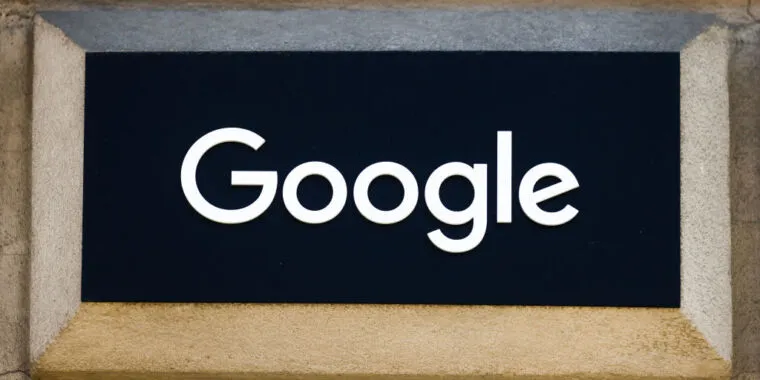- cross-posted to:
- [email protected]
- [email protected]
- cross-posted to:
- [email protected]
- [email protected]
Judge in US v. Google trial didn’t know if Firefox is a browser or search engine::Google accused DOJ of aiming to force people to use “inferior” search products.



Plus it’s an opening statement. It’s an intro that tells the finder of fact (traditionally a jury, but for cases like this it’s the judge) what evidence you’re going to present during the trial. You want that person to be able to place that argument in context, but the very nature of explaining that “I’m going to show you a bunch of stuff” is going to have a bunch of “well I haven’t seen it yet, so can you tell me what to expect” responses.
Especially if there’s a discussion of the different contractual relationships and the different companies and products. I’ve seen plenty of judges insist on clarity when communicating about things that might have more than one meaning: a company that has the same name as a product that company produces (Toyota makes Toyotas), a legal entity that has the same name as a place (Madison Square Garden banned someone from Madison Square Garden), etc.
For all we know, the confusion might be one of the lawyer’s fault, for using the words Mozilla or Firefox interchangeably, the way this article seems to.